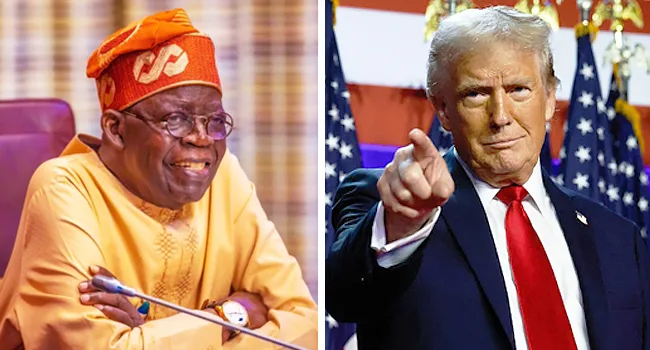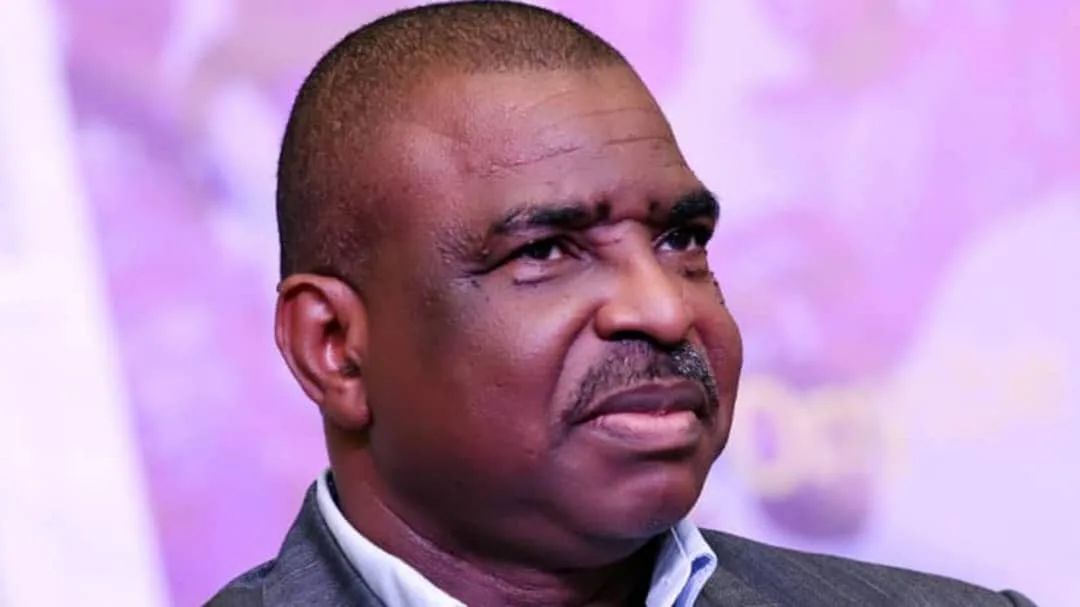What is life if not a series of experiments that drive innovation—the key to human progress?
For centuries, most of the world’s estimated 8.1 billion people across 195 nations (including the Holy See-Vatican and Palestine) have operated under democratic governance, a system established by Cleisthenes in Athens around 508-507 BC. Despite widespread adoption, democracy has not significantly improved wealth distribution—while the poor remain disadvantaged, the rich continue to amass more wealth.
A 2022 Oxfam report highlighted that, following the COVID-19 pandemic, “the world’s ten richest men more than doubled their fortunes from $700 billion to $1.5 trillion.” Within the same period, the report also indicated that “during the first two years of a pandemic that has seen the incomes of 99 percent of humanity fall and over 160 million more people forced into poverty”, the masses have been victims.
Given these disparities, perhaps it’s time to explore alternative governance models that make the masses less poor—ones that might have been dismissed based on theory rather than real-world application.
For instance, monarchies in the Arabian Gulf (GCC countries) and China’s hybrid of communism in governance and capitalism in business have both fostered economic prosperity. This raises the question: should we experiment with a new system—Boligarchy—to determine whether it can improve the lives of the poor across the U.S., Europe, Asia, Africa, and other nations following the U.S. presidential system?
Rethinking Governance: Lessons From The U.S. Constitution
It is worth noting that the U.S. Constitution was not crafted by the entire citizenry but by a select group of 74 individuals, known as the Founding Fathers. Ultimately, it was ratified through elected representatives, solidifying its role as the foundation of American democracy.
During the 1776 Constitutional Convention, some Founding Fathers doubted the public’s ability to design an effective and enduring constitution. Influenced by Enlightenment thinkers—notably John Locke, Jean-Jacques Rousseau, and Montesquieu—figures like Alexander Hamilton and James Madison argued that governance should be led by a small, educated elite.
Hamilton, in particular, was skeptical of mass governance, believing that “the people are turbulent and changing; they seldom judge or determine right.” He advocated for a strong central government run by experienced leaders to maintain stability and shield the nation from the unpredictability of popular sentiment.
Madison, while sharing concerns about mob rule, took a more balanced approach. He believed a well-structured constitution should protect the rights of all citizens, including the general public.
Final Thoughts
Given these historical insights, should the world reconsider how it governs itself? If democracy has not substantially improved wealth distribution, could alternative models like Boligarchy offer a better path forward? The question remains whether disruptive leaders like Donald Trump and Bola Tinubu represent a necessary shift—or merely chaos within existing systems.
+Madison’s Perspective And The Rise Of ‘Boligarchy’
James Madison once wrote, “The people are the only legitimate fountain of power, and it is from them that the constitutional charter, under which the several branches of government hold their power, is derived.”
Despite concerns about the capability of the common people, the Founding Fathers ultimately established a representative democracy rather than a direct one. This system ensured that citizens would elect representatives to make decisions on their behalf, rather than governing directly. Although some Founding Fathers harbored doubts about the masses’ ability to govern, the U.S. Constitution was designed to uphold democratic values and the fundamental principle that government power originates from the people’s consent.
Trump’s Election And The ‘Boligarchy’ Debate
Following this logic, Donald J. Trump was elected by over 77 million Americans in the November 5, 2024, presidential election, defeating his opponent, former Vice President Kamala Harris. Given this, labeling Trump’s administration as a ‘Boligarchy’ may not be entirely justified.
After all, some Founding Fathers favored oligarchy to an extent, and many were themselves wealthy elite, similar to Trump and his circle of billionaire allies. This raises the question: Is the U.S. returning to its historical roots? If the nation’s early leaders were billionaires, why should there be resistance to having wealthy figures in power today?
For nearly 249 years, America has practiced democracy in its purest form, yet poverty remains unresolved. If leaders from non-elite backgrounds have failed to close this gap, does it not make sense to explore alternative approaches?
Parallel Disruptions: The U.S. And Nigeria
While the U.S. remains the world’s wealthiest and most powerful nation, Nigeria stands as Africa’s most populous country. Nigeria’s 1979 switch from the British parliamentary system to the U.S. presidential system further reinforces the historical influence of American governance.
At this moment, both countries are led by disruptors—President Donald Trump in the U.S. and President Bola Tinubu in Nigeria. Although both leaders face significant opposition, they can be described as positive disruptors rather than destructive narcissists like Adolf Hitler. Their leadership styles challenge traditional norms in an effort to provide citizens with a new approach to governance.
From Admiration To Controversy
Interestingly, both Trump and Tinubu have experienced a shift from national admiration to intense criticism.
• Trump, once widely beloved as the host of The Apprentice, became a divisive figure when he entered politics. The political establishment sought to prevent his rise but failed. Even after winning elections, he remains under constant attack from opposition supporters.
• Tinubu, similarly, was once revered for his role as the face of NADECO, a pro-democracy movement against Nigeria’s military dictatorship. However, his political career has since drawn strong resistance from critics.
Despite the backlash, both leaders remain committed to disrupting conventional governance and implementing alternative leadership models that challenge entrenched systems.
The Shift From Admiration To Criticism
During his tenure as governor of Lagos State (1999-2007), Bola Tinubu was widely respected. However, once he declared his presidential ambition, a segment of the electorate turned against him, leading to a wave of criticism and resentment.
Today, both Donald Trump and Bola Tinubu have become two of the most vilified leaders in the United States and Nigeria. The intense backlash they receive stems from their bold, unconventional, and often radical governance strategies. Their efforts to reshape existing systems into new political and economic models have earned them nicknames and criticism from opponents who view their leadership as disruptive.
Nicknames Reflecting Their Governance Styles
• Trump has been labeled a threat to democracy and the head of a ‘Boligarchy’—a government run by billionaires for billionaires. This perception was reinforced when Elon Musk, the world’s richest man, was appointed to lead the newly created Department of Government Efficiency (DOGE), a role that involves cutting federal jobs through buyouts.
• Tinubu, on the other hand, has been dubbed ‘T-Pain’ (Tinubu Pain) due to the economic hardships resulting from his policy reversals. These policies, aimed at dismantling past economic structures, have caused short-term suffering for Nigerians, further fueling public frustration.
Even before his January 20 inauguration, Joe Biden had already labeled Trump’s administration a Boligarchy, arguing that Trump’s billionaire-filled cabinet would govern in an oligarchic manner—contrary to democracy’s core principles of governance by and for the people. With Elon Musk and other tech billionaires holding significant influence in Trump’s administration, the Boligarchy theory seems to have materialized.
Historical Parallels: Disrupting Established Systems
Throughout history, seemingly stable systems and institutions have been challenged and restructured when they outlive their effectiveness.
• The United Nations (UN) was formed in 1945, following the end of World War II, to foster global cooperation. However, the rise of BRICS—a coalition led by Brazil, Russia, India, China, and South Africa—suggests that nations from the Global South are seeking alternative global leadership structures to counterbalance the UN’s Western-dominated influence


